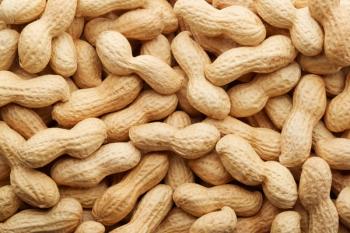Sweet-tasting solutions such as glucose and sucrose are commonly used to alleviate pain in infants undergoing minor invasive procedures. Expressed breast milk may be an alternative to sweet solutions, but evidence of its analgesic efficacy is limited.
In a noninferiority trial, 113 late preterm infants were randomized to receive 2 mL of either expressed breast milk or 25% glucose applied via a needleless syringe to the back of the tongue 2 minutes before heel lancing. The infants were 34 to 36 complete weeks of gestational age at birth and between 24 and 72 hours old at the time of the procedure.
Primary outcome was pain intensity as assessed with the Premature Infant Pain Profile (PIPP). Infants who received glucose had lower PIPP scores over 3 minutes after lancing than those who received breast milk; however, the noninferiority margin (2 points on the PIPP score) rendered the results inconclusive. Fewer infants who received glucose cried after the procedure and cried for shorter periods. Adverse events occurred with similar frequency in both groups and were benign and self-limited. These researchers concluded that both glucose and expressed breast milk are safe for newborns undergoing minor painful procedures.
Another study compared the analgesic effect of breast milk, given by breastfeeding or bottle-feeding, with that of oral sucrose in 71 preterm infants born at 32 to 37 weeks’ postmenstrual age who were undergoing heel lance. Scores on 2 standard measures of pain, the PIPP and the COMFORTneo scale, were not significantly different between the 2 groups. Pain scores were also similar in the groups that received breast milk by breastfeeding while held in the mother’s arms or bottle-feeding while held by a nurse. These researchers concluded that breast milk is a safe and natural method for relieving pain in late preterm infants, although it was not superior to sucrose.
Go back to the current issue of the eConsult.









